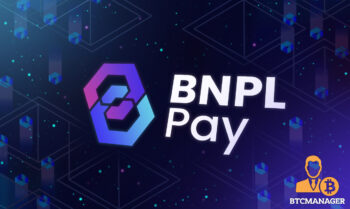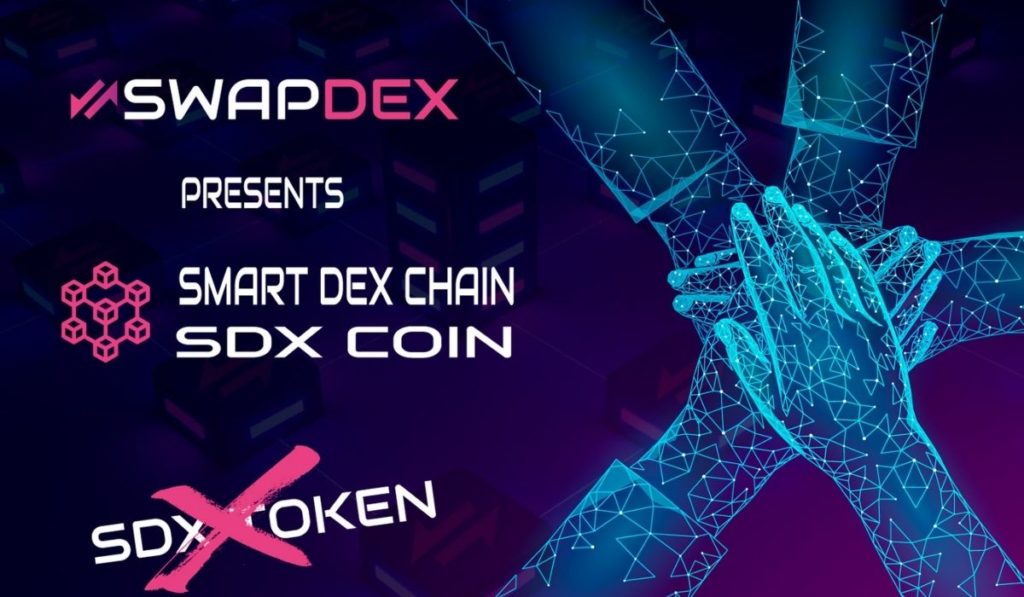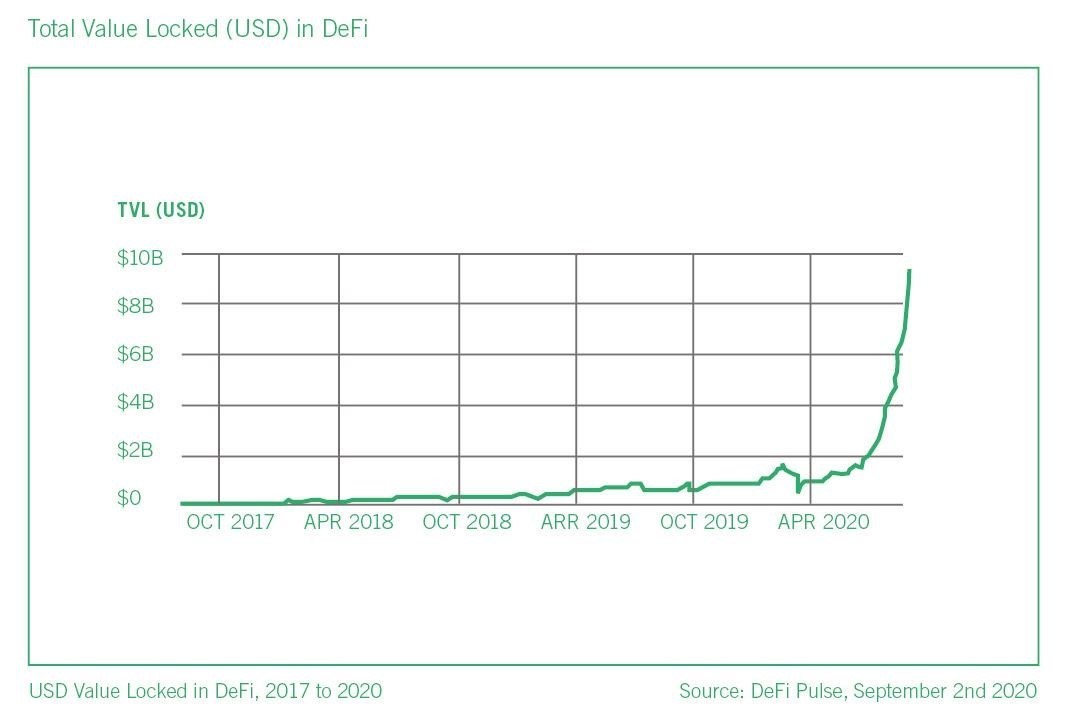
2024-6-19 19:58 |
It is no secret that blockchain oracles have played a pivotal role in the maturation of the decentralized finance (DeFi) arena, acting as bridges between on-chain smart contracts and off-chain data. Historically, Chainlink has dominated this space, but over the past year, the Pyth Network has seemingly redefined the standards for data accuracy, latency, and reliability as far as oracles go.
The platform’s ascendancy is not unfounded and is backed by rather impressive data. For instance, between March 2023 and 2024, the network saw a staggering 197% increase in its active user base. During the same period, Pyth’s support for different blockchains grew from 17 to 56, reflecting a 230% growth.
Pyth Network’s total value secured (TVS) between Q1 2023 and Q1 2024 (source: Messari)However, most remarkably, the volume of transactions secured by the network leaped by an astonishing 1700%, from $4.8 billion to $87.1 billion. Not only that, Pyth recently secured over $7 billion in locked value, affirming its position as the new go-to platform for real-time price data for blockchain developers as well as casual crypto enthusiasts.
The heartbeat of high-frequency dataRecent developments surrounding the Pyth Network have underscored its commitment to staying at the forefront of any oracle-centric innovations. Its pull oracle model, which allows users to request data on-demand, has proven its scalability yet again. To this point, four new chains — namely Taiko (an Ethereum-equivalent ZK-EVM), Sei Network V2 (the first parallelized EVM), LayerN (featuring custom XVMs), and Lineabuild — have recently joined the network, enabling builders to leverage the best financial data for their respective protocols.
The network’s expansion hasn’t been restricted to just chains alone. New price feeds for tokens like $SAFE (Safe’s governance token), $STONE (Stake Stone’s native LST), and $USDM (Mountain USDM’s ERC20 rebasing token) have demonstrated Pyth’s commitment to continually expand its asset base. Even political meme coins like $BODEN and decentralized data storage tokens like $SHDW are now part of Pyth’s repertoire. This breadth is further enhanced by integration with new data providers such as SynFutures (a leading perp DEX) and Alphanonce (a technology-driven trading firm).
Most recently, Pyth Network collaborated with Ambient, a decentralized exchange protocol, marking yet another feather in its cap. Ambient’s unique blend of concentrated and ambient constant-product liquidity pools is set to improve Pyth’s data offerings significantly. With over $50 million in total value locked and transaction volumes exceeding $650 million, Ambient is working toward enhancing the quality and security of real-time price feeds.
Similarly, in January, Pyth’s integration with the Filecoin Virtual Machine (VM) broadened users’ access to essential financial data for both Web2 and Web3 entities. This growth was further bolstered by a strategic partnership with Portofino Technologies, a Swiss crypto-native technology startup specializing in market making and Web3 investments.
Pyth’s continued ascent explainedThe Pyth Network’s growth trajectory has been nothing short of phenomenal. As mentioned earlier, its total value secured has skyrocketed from under $400 million in 2023 to over $7 billion, reflecting substantial inflows across various networks. Key players like Kamino Lend, Marginfi Lending, Orbit Protocol, Synthetix, and Jupiter Perpetual have all contributed to this surge.
This growth isn’t just in value but in diversity and depth. Between March 2023 to March 2024, Pyth’s data provider base grew from 76 to 100, while the number of price feeds available through Pyth increased from 232 to 506. Additionally, the network’s native token, PYTH, has mirrored this success. To elaborate, despite a recent bearish trend, PYTH’s journey from its all-time low of $0.228 in January to its current price of $0.46 represents a 101% increase in the token’s value.
Therefore, as the crypto market continues to grow and mature, it stands to reason that the need for high-quality oracles will only intensify from here on out. DeFi applications, from lending platforms to derivatives exchanges, rely on accurate, low-latency data to function effectively. In this context, the Pyth Network is perfectly positioned to redefine the oracle industry.
Its exponential growth, diverse data offerings, and collaborations with industry leaders underscore its potential to become the new standard in blockchain data provision. As we move forward, Pyth’s journey from challenger to leader within the oracle space stands to be one of the more compelling DeFi narratives of the future.
origin »Bitcoin price in Telegram @btc_price_every_hour
Wish Finance (WSH) на Currencies.ru
|
|


























